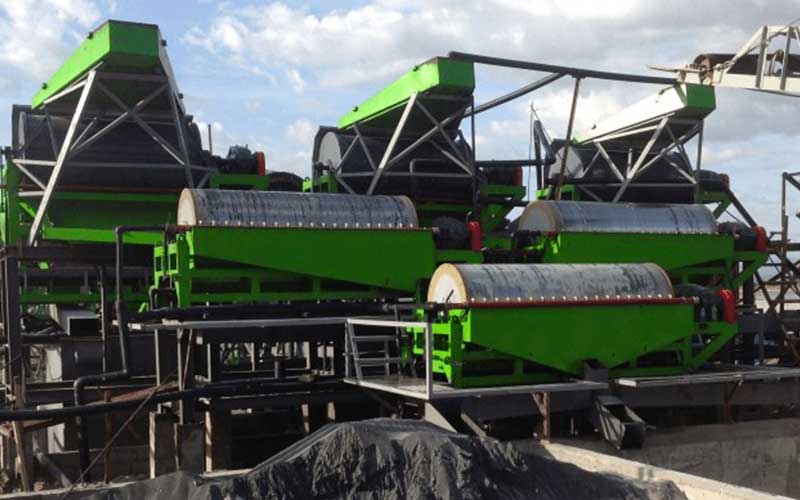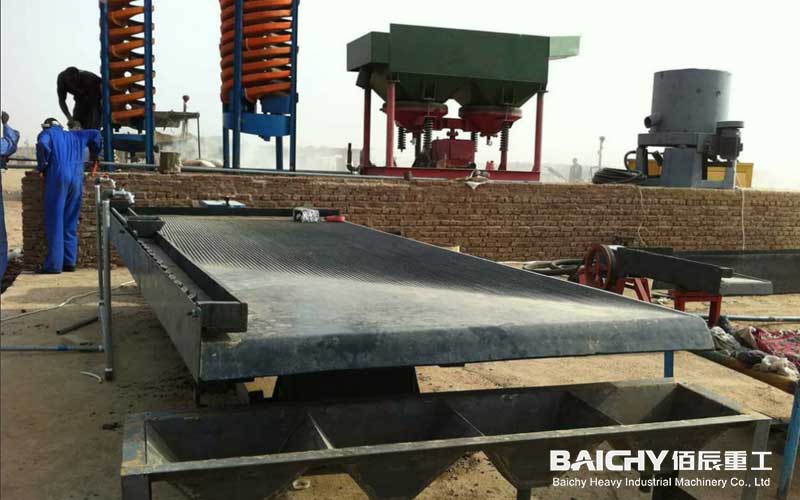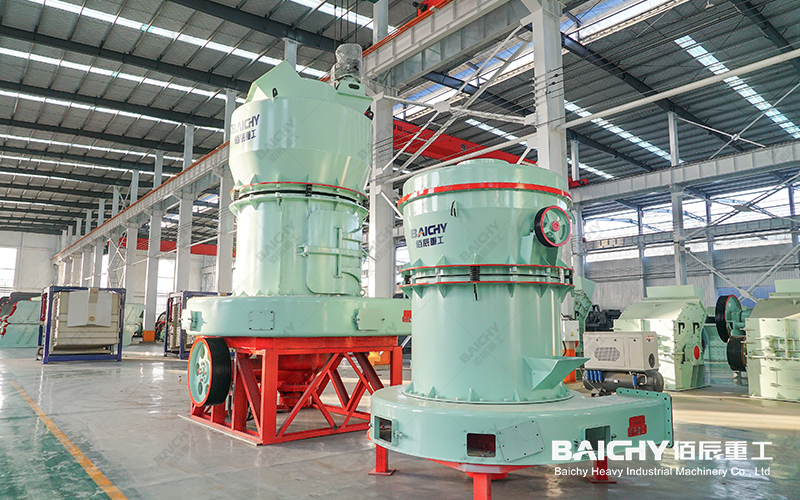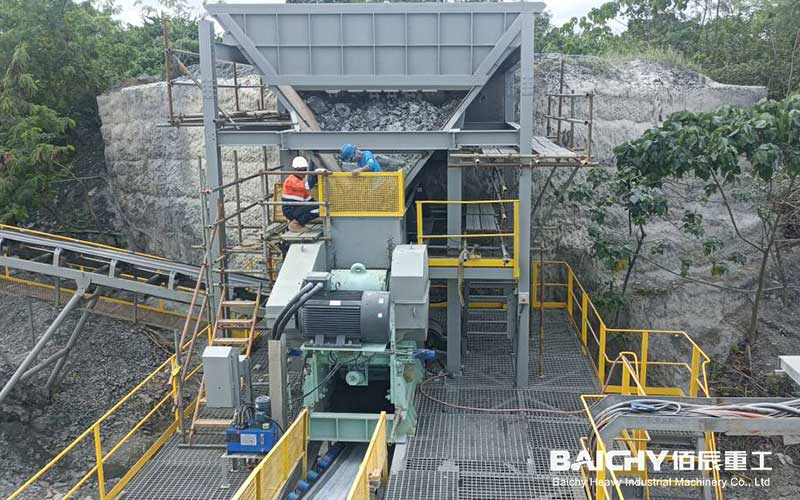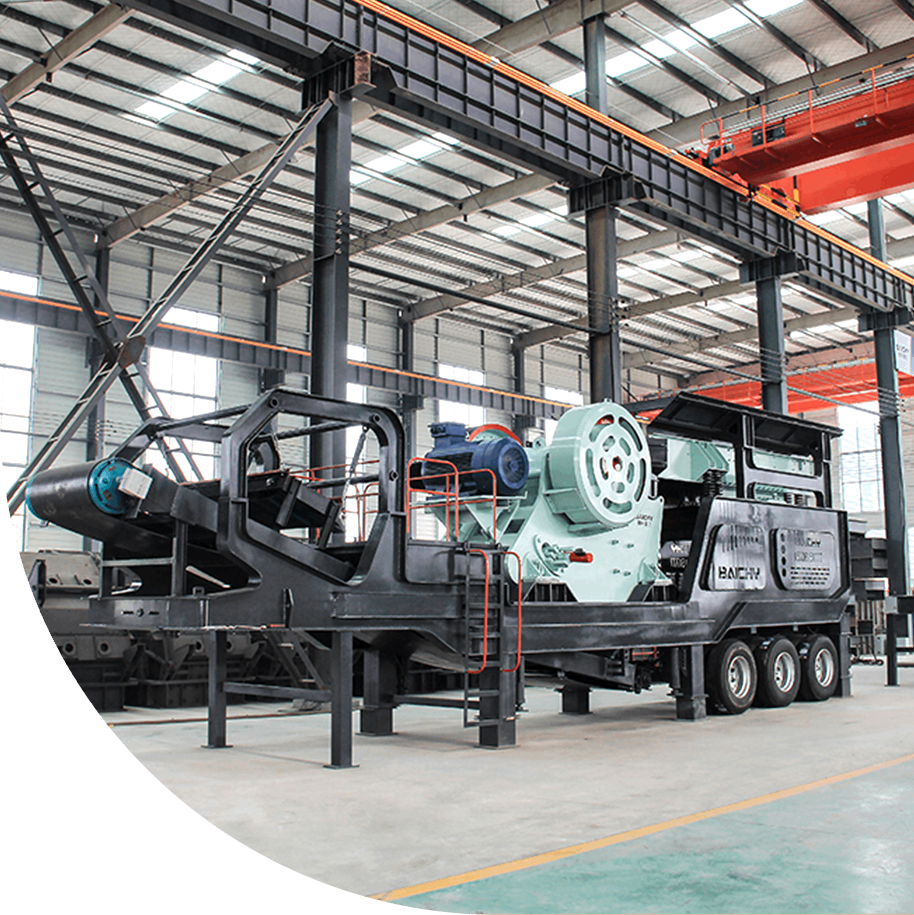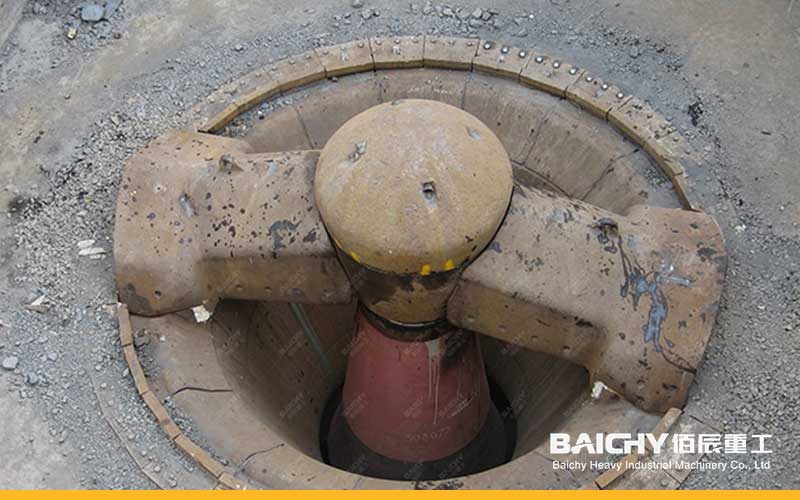
In large-scale mining, building materials, and metallurgical industries, primary crushing of materials is the "choke point" of the entire production process. In this stage, the gyratory crusher, with its powerful processing capacity and reliability, is hailed as the "core" mainstay of the crushing field. So, what exactly is a gyratory crusher? Why can it shoulder this important responsibility?
Gyratory Crusher PDF, Download ↓↓↓
I. What is a Gyratory Crusher?
A gyratory crusher, also called a gyratory breaker or coarse crusher, is a large-scale piece of equipment used for primary crushing of large materials (feed size can reach over one meter). You can think of it as a continuously operating "giant crusher." Its core feature is that its crushing component—the moving cone—constantly gyrates around its central axis, thereby compressing and crushing the material.
Compared to jaw crushers (which perform reciprocating motion), which are also primary crushing equipment, the gyratory crusher performs continuous crushing, thus possessing outstanding advantages such as large processing capacity, stable operation, and high efficiency, making it particularly suitable for coarse crushing operations in large-scale modern mines.
II. How Does a Gyratory Crusher Work?
The working principle of a gyratory crusher is ingenious:
1. Core Structure: It mainly consists of a fixed cone and a rotating cone, with the space between the two cones forming the crushing chamber.
2. Crushing Process: Material is fed into the equipment through the feed inlet at the top. Driven by an eccentric sleeve, the rotating cone approaches and moves away from the fixed cone in a regular gyratory motion. When the rotating cone approaches the fixed cone, it squeezes and crushes the material in the chamber; when the rotating cone moves away from the fixed cone, the material, crushed to the appropriate particle size, is discharged from the discharge outlet at the bottom under gravity.
3. Continuous Operation: Because the gyratory motion of the rotating cone is continuous, the feeding, crushing, and discharging processes are also uninterrupted, achieving highly efficient continuous production.
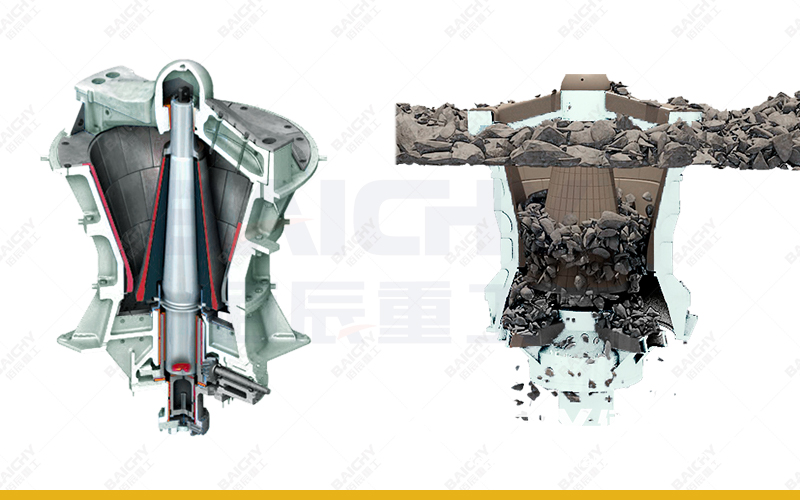
III. Core Advantages and Features of Gyratory Crusher
1. Huge Processing Capacity: Extremely high single-machine output, making it a key piece of equipment for achieving economies of scale in large production lines.
2. High Working Efficiency: The continuous crushing mode avoids the idle strokes seen in jaw crushers, resulting in a larger crushing capacity per unit of energy consumption. 3. Uniform Product Particle Size: The longer crushing chamber allows for multiple compressions of the material, resulting in relatively uniform output particle size and fewer flaky products.
4. Stable Operation: The gyratory motion of the moving cone is smoother than the reciprocating motion of a jaw crusher, requiring less dynamic load on the foundation.
5. Capable of Starting Under Load: This is a significant advantage over jaw crushers, providing greater flexibility in production scheduling.
IV. Gyratory Crusher vs. Jaw Crusher: How to Choose?
This is the most frequently encountered question during the selection process. The main differences between the two are shown in the table below:
| Features | Gyratory Crusher | Jaw Crusher |
| Working Mode | Continuous Gyratory Crusher | Intermittent Reciprocating Crusher |
| Processing Capacity | Extremely high, suitable for large-scale production | Relatively large, suitable for medium-to-large-scale production |
| Feed Size | Can handle very large and sticky materials | Sensitive to flaky and fibrous materials |
| Equipment Cost | Higher initial investment | Relatively lower |
| Installation and Maintenance | Complex structure, high installation requirements, maintenance requires a professional team | Simple structure, easy installation, simple maintenance |
| Footage | Tall height, relatively small footprint | Low height, but long length, large footprint |
Selection Recommendation: For large mines with an annual processing capacity of over one million tons, pursuing high efficiency and continuous stable operation, the gyratory crusher is a more economical choice. For medium-sized mines with limited investment budgets or requiring flexible mobile operations, the jaw crusher offers better cost-effectiveness.
The gyratory crusher is the cornerstone of modern large-scale mining crushing technology, ensuring a smooth production process with its unparalleled large processing capacity and continuous high-efficiency operation. Understanding its working principle and characteristics, and clearly grasping its differences from jaw crushers, is a key step in making scientific selections and optimizing production line configurations.





